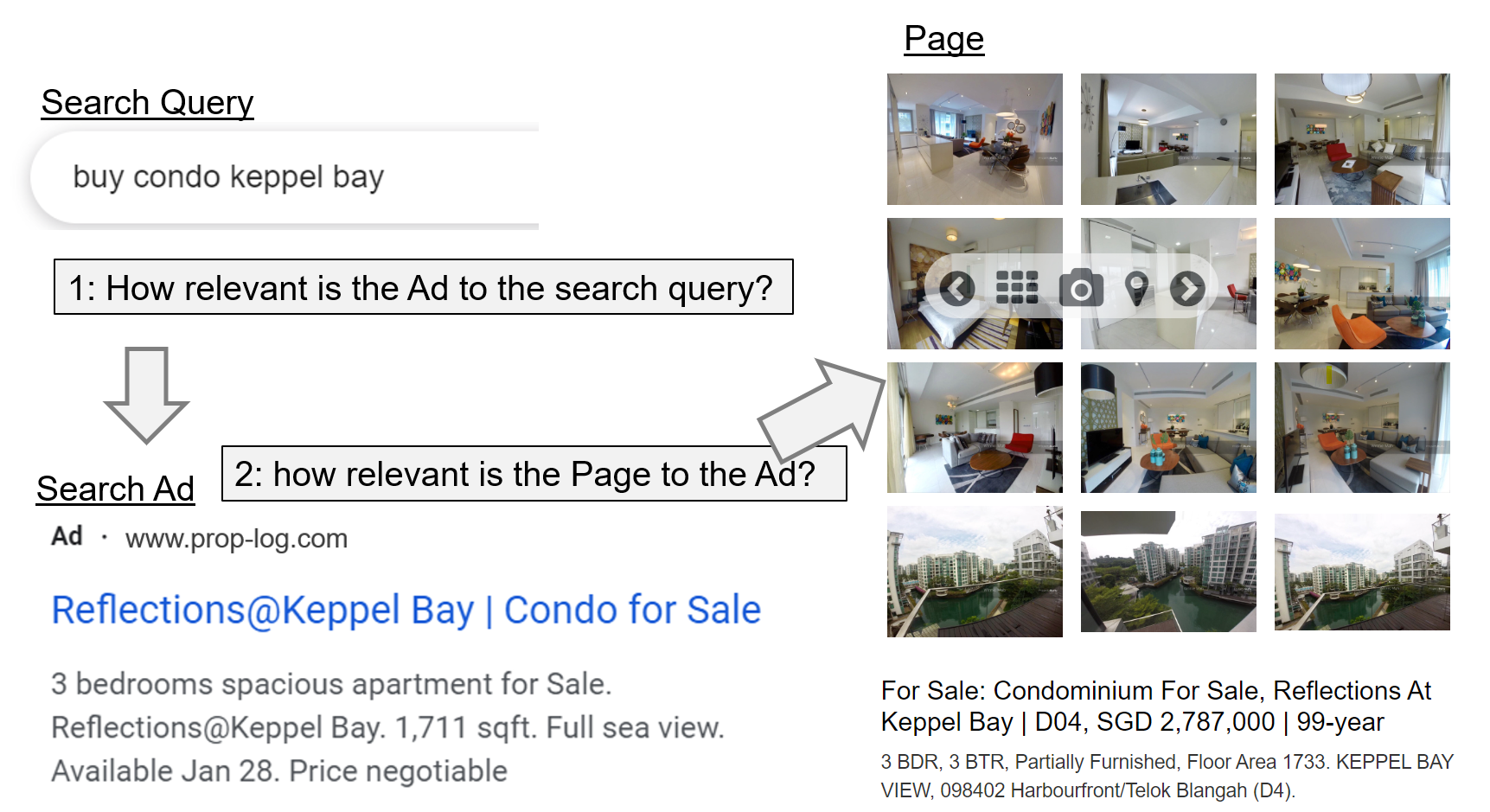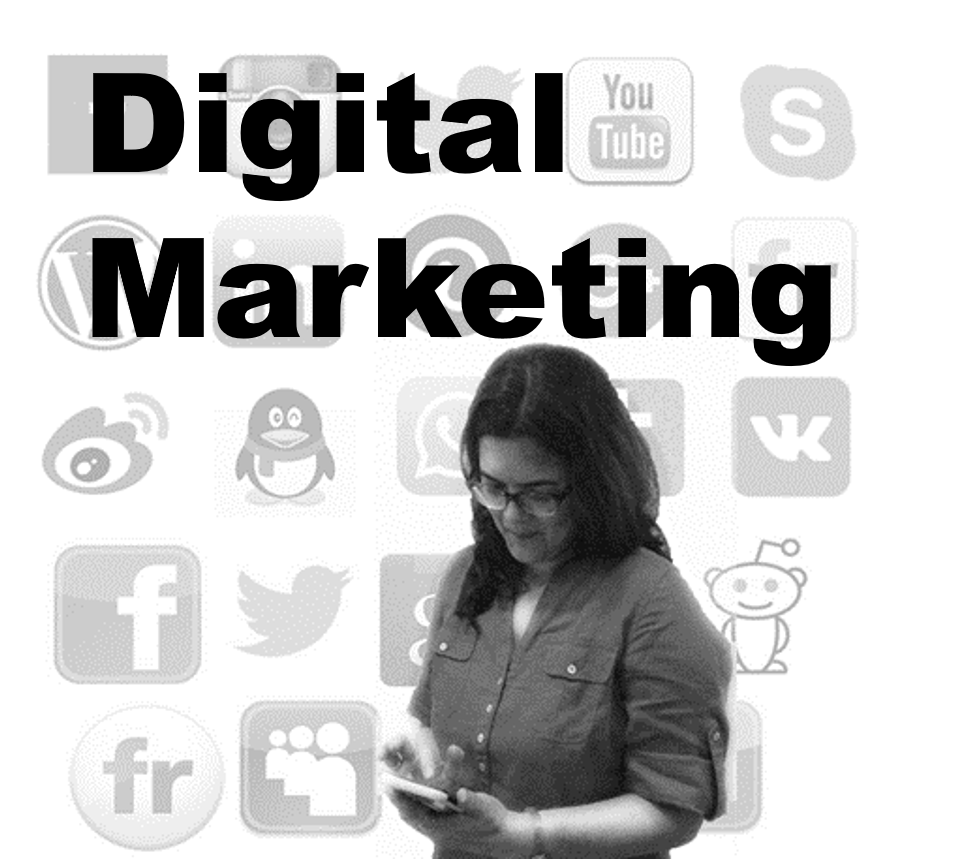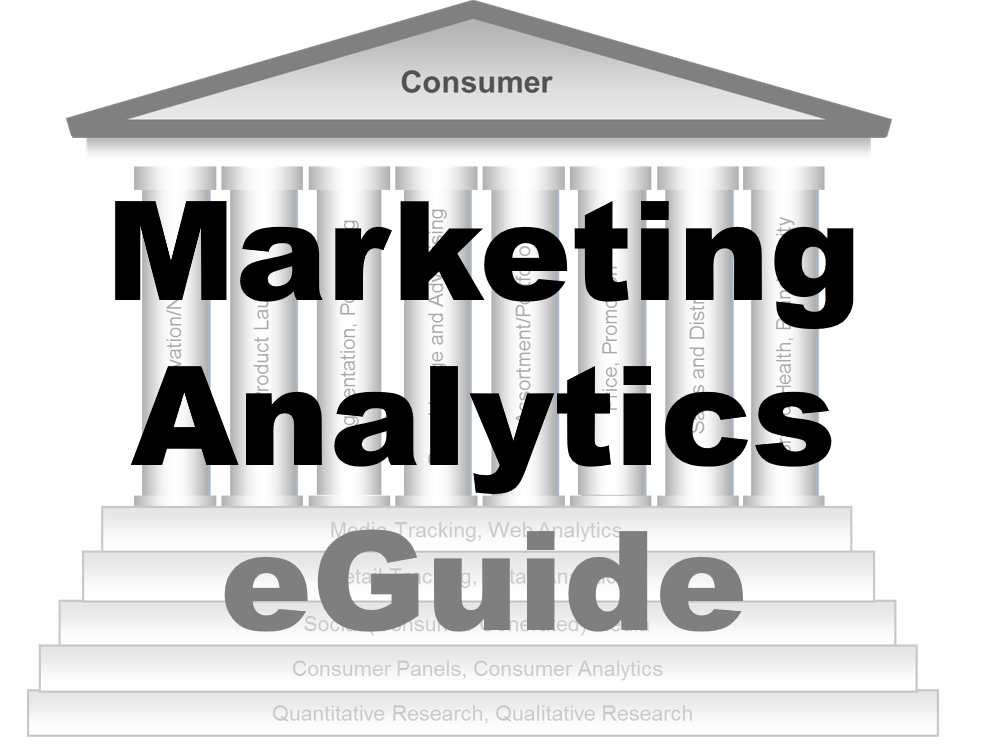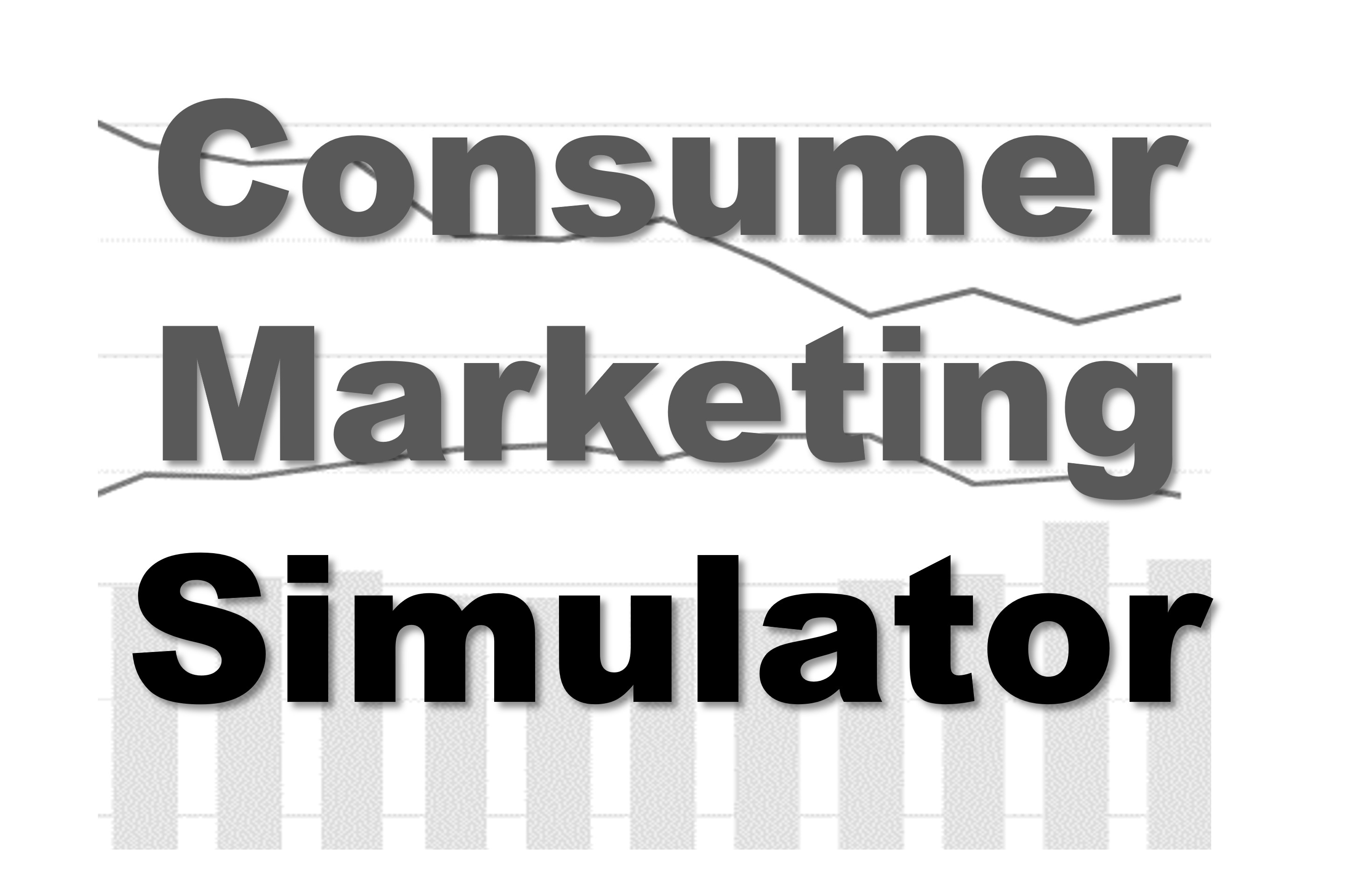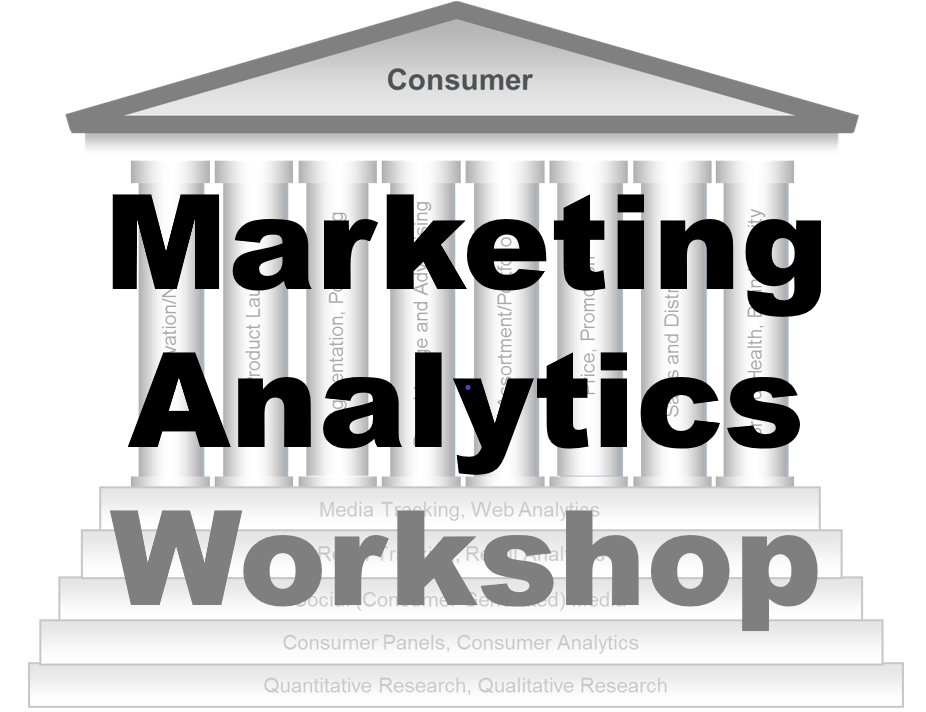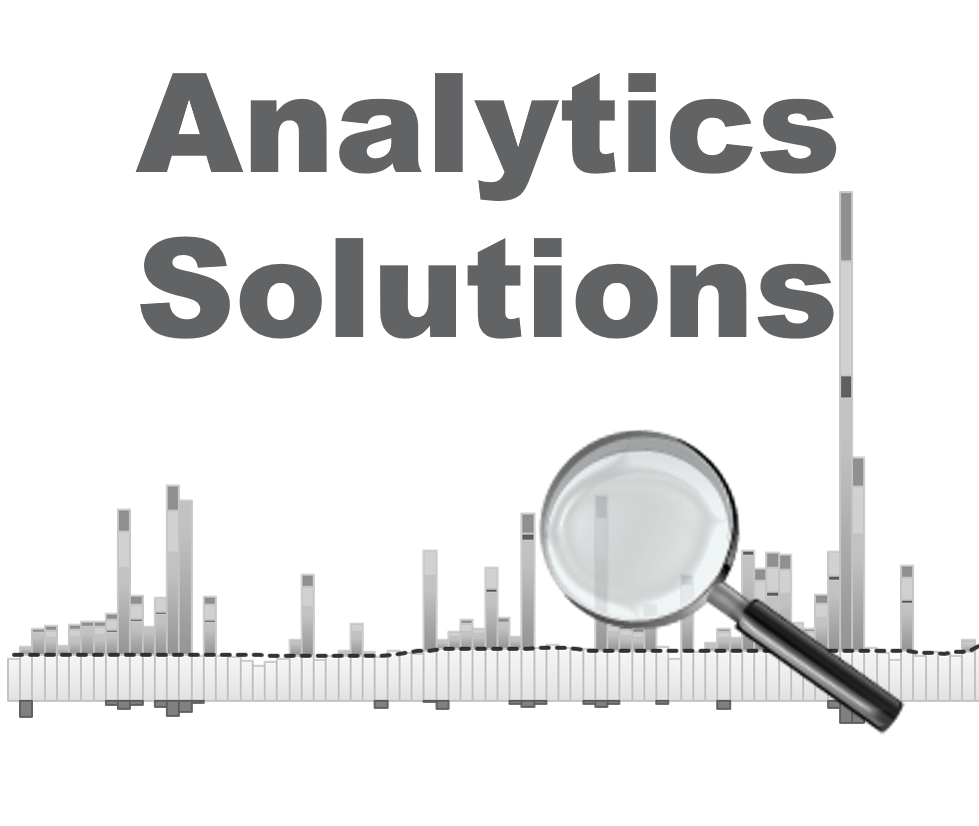-
Search Advertising
Search Advertising
Search — Why Advertise?
Search Ads and Display Ads
Google’s Ad Auction — How it Works
Google Ads — Advertising Architecture
Google Ads — Ad Format & Anatomy
Google Ads — Campaigns and Budgeting
Google Ads — Conversion Tracking Tags
Keywords
Long Tail and Short Tail Keywords
Category, Brand and Competitor Keyword
Search Marketing — Keywords Research
Search Marketing — Keyword Strategy
Execution: Practices to Improve Effectiveness of Search Advertising
Keyword Matching
Google’s Ads Assets
Sitelink Asset
Image Asset
Callout Asset
Structured Snippet Asset
Call Asset
Lead Form Asset
Location Asset
Price Asset
App Asset
Promotion Asset
Search Marketing — Exercise
- New Media
- Digital Marketing
- YouTube
- Social Media Analytics
- SEO
- Search Advertising
- Web Analytics
- Execution
- Case — Prop-GPT
- Marketing Education
- Is Marketing Education Fluffy and Weak?
- How to Choose the Right Marketing Simulator
- Self-Learners: Experiential Learning to Adapt to the New Age of Marketing
- Negotiation Skills Training for Retailers, Marketers, Trade Marketers and Category Managers
- Simulators becoming essential Training Platforms
- What they SHOULD TEACH at Business Schools
- Experiential Learning through Marketing Simulators
-
MarketingMind
Search Advertising
Search Advertising
Search — Why Advertise?
Search Ads and Display Ads
Google’s Ad Auction — How it Works
Google Ads — Advertising Architecture
Google Ads — Ad Format & Anatomy
Google Ads — Campaigns and Budgeting
Google Ads — Conversion Tracking Tags
Keywords
Long Tail and Short Tail Keywords
Category, Brand and Competitor Keyword
Search Marketing — Keywords Research
Search Marketing — Keyword Strategy
Execution: Practices to Improve Effectiveness of Search Advertising
Keyword Matching
Google’s Ads Assets
Sitelink Asset
Image Asset
Callout Asset
Structured Snippet Asset
Call Asset
Lead Form Asset
Location Asset
Price Asset
App Asset
Promotion Asset
Search Marketing — Exercise
- New Media
- Digital Marketing
- YouTube
- Social Media Analytics
- SEO
- Search Advertising
- Web Analytics
- Execution
- Case — Prop-GPT
- Marketing Education
- Is Marketing Education Fluffy and Weak?
- How to Choose the Right Marketing Simulator
- Self-Learners: Experiential Learning to Adapt to the New Age of Marketing
- Negotiation Skills Training for Retailers, Marketers, Trade Marketers and Category Managers
- Simulators becoming essential Training Platforms
- What they SHOULD TEACH at Business Schools
- Experiential Learning through Marketing Simulators
Google’s Ad Auction — How it Works

Exhibit 27.4 Google’s Ad Auction — bid, quality score and Ad Rank. Click exhibit to view video on how the auction works. (Source Google). Source Google.
Click Exhibit 27.4 to watch a video by Google explaining how the auction works. The auction is initiated when advertisers bid for keywords relevant to a user’s search query. In the auction, ads are ranked based on Ad Rank, a metric calculated using the maximum cost-per-click (CPC) bid and the ad’s quality score. $$Ad \;Rank = CPC \;bid × \;Ad \;Quality$$
The Ad Rank determines which ads are shown, the order they will appear, and how much they will cost. The quality score comprises three components, with the click-through rate (CTR) being the most significant. The CTR incorporates users’ feedback to Ad Rank, and it also maximizes Google’s revenue since advertisers pay for clicks. Relevancy, the next largest component, measures how pertinent the ad is to the search query. The third component is the landing page quality, which assesses the relevance of the ad to the landing page. Exhibit 27.5 illustrates these two metrics. These components are important because relevant and useful ads enhance users’ experience.
How much an advertiser pays depends on the competing bids. For instance, consider advertisers A, B, C, D, bidding $4, $3, $2, and $1, respectively, with ad quality scores of 1, 3, 6, and 8, as shown in Exhibit 27.4. In this example, C secures the top Ad Rank of 12 ($2.00 × 6), followed by B with an Ad Rank of 9 ($3.00 × 3). Google charges advertiser C the minimum amount required to secure the top position. Based on the data, C would match B’s Ad Rank of 12, with a bid of $1.50 (9 ÷ 6): $$Ad \;Rank \;to \;match = B’s \;Ad \;Rank = $3.00 × 3 = 9$$ $$Bid \;required \;by \;C \;to \;match \;B’s \;Ad \;Rank = 9÷6 = $1.50$$
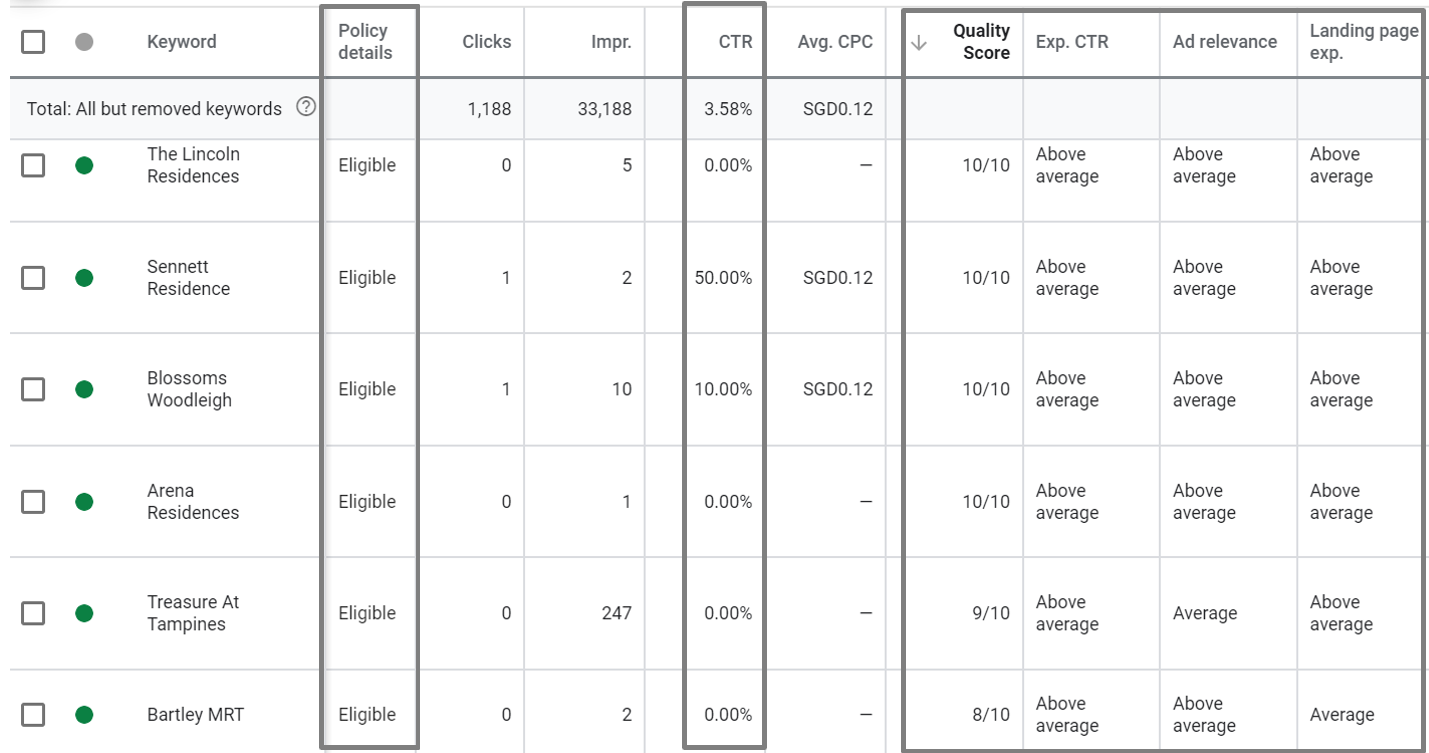
Exhibit 27.6 Quality Score is based on Expected CTR, Ad relevance, Landing page (exp). These results on Google Ads, are for a campaign on prop-gpt.com.
If there is no competing bid, advertisers pay the minimum cost-per-click (CPC), which is assigned to each keyword in the advertiser’s account, depending on factors such as the account’s quality score, ad copy, landing page quality, and relevancy. The quality score and related metrics can be viewed on the Google Ads platform, as shown in Exhibit 27.6, for an advertising campaign on prop-gpt.com property portal. If the quality score is too low or the ad content is prohibited by Google, the keyword will be disapproved.
For advertisers, the key question is how much to bid. This depends on the pricing model (refer to Section Campaigns and Budgeting) that the advertiser adopts.
The cost-per-click (CPC) model, where advertisers pay only for clicks, is most frequently used and suitable for beginners. The CPC on Google Ads varies by geography, keyword, and industry, with the average cost per click estimated to be $2.32 on the search network and $0.58 on the display network, according to benchmarks compiled by WordStream.
To optimize the bid and evaluate the return on advertising spend, advertisers can use tools such as the Keyword Search Volume Forecast facility supported by Google Ads Keyword Planner. Additionally, a trial-and-error approach, where advertisers experiment with different bids, can also help to optimize bidding tactics.
Previous Next
Use the Search Bar to find content on MarketingMind.
Contact | Privacy Statement | Disclaimer: Opinions and views expressed on www.ashokcharan.com are the author’s personal views, and do not represent the official views of the National University of Singapore (NUS) or the NUS Business School | © Copyright 2013-2026 www.ashokcharan.com. All Rights Reserved.

